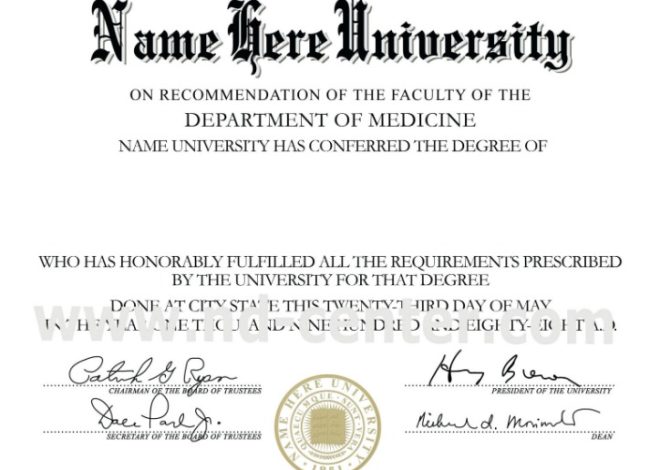
Online Counseling Degrees
Working towards a teacher certificate or as a teacher while completing the program can be difficult to manage for full-time students, as many required courses are offered during the day. Most students work as teachers before entering the program, and others complete this requirement after finishing the program. See “Licensure” section below for more information about School Counselor Certification. Our graduates use their skills and compassion to make a difference in public and private schools, behavioral health agencies, private practice, and other facilities and programs across the greater Baltimore-Washington, D.C., area—and beyond. Graduates of the Professional Counseling program become mental health counselors working at mental health clinics, schools, and rehabilitation centers.
Individuals who need more than nine (9) credit hours of coursework are not eligible for this certificate. Students are encouraged to know the requirements for credentialing in the state in which they wish to practice. In Counselor Education are eligible to apply for certification as a counselor, rehabilitation counselor, or school counselor, depending upon their area of concentration, and may be eligible to apply for counselor licensure. In Counselor Education with a concentration in School Counseling and are eligible for Georgia T-5 Certification in School Counseling. Marriage, Couple and Family Counseling – This degree provides a unique perspective to understand the complex dynamics of family life. With an emphasis in Systems Theory, you will learn how individuals grow and develop in the context of the environment, and how to treat dysfunction of the entire emotional unit. The MCFC curriculum is designed to meet PA State Board educational requirements for both the LMFT and LPC licenses.
Counselors are facilitators, collaborators, and advocates for people who are experiencing developmental transitions and difficult life situations. We prepare counselors in the areas of clinical mental health, clinical and vocational rehabilitation, and school counseling. Have questions about our degree programs, the application, or financial aid and costs? Join us for an inside look at a graduate experience defined by innovation and driven by evidence-based research.
In most states, you must regularly renew your license by completing a certain number of hours of approved continuing education. In some states or for some licenses, you may need to complete hours on a specific topic, such as ethics, substance use, or mandatory reporting. You must also maintain a professional record with no disciplinary actions or criminal convictions. Mental health counselors may help patients with coping skills, self-esteem, and healthy thinking practices.
We are committed to graduating counselors who can respond to the needs of all students. Learn how to help victims of abuse, violence, natural disasters and other traumatic events. Our MS in Clinical Mental Health Counseling with an Emphasis in Trauma degree helps broadens your knowledge of counseling theory so you can assess and treat trauma-related disorders. Counseling and other fields related to mental health are worth considering if you enjoy working directly with individuals, couples and families or groups.
The internship is arranged by mutual agreement of the student, the student’s advisor, the Professional Counseling internship course instructor, and the supervisor at the field site (who must be at least a licensed master’s-level mental health professional). Typically, students are not compensated for services rendered under the internship experience.
Master of Divinity/Master of Arts in Counseling Dual Degree
You’ll also have access to College of Education alumni resources, including networking, professional development workshops and certifications. NSU’s Master in Counseling program is total credits to complete, depending upon concentration chosen and undergraduate coursework to date. A minimum of 60 semester hours is required for Master of Arts degree in Counseling. The Program of Study includes fifteen required Core Courses, three Clinical Courses, and three courses in a Program Specialty Area. Previously, Penn GSE offered a one-year M.S.Ed in Counseling and Mental Health Services, followed by a one-year M.Phil.Ed. In Professional Counseling to prepare students for licensure, but these have been combined into this new two-year program beginning in Fall 2024.
THE GRADUATE SCHOOL
The skills you need to thrive as a counselor aren’t just learned in a classroom—they’re built through experience. As a student in our counseling program, you’ll practice working with real people, with real needs, all while you self-reflect and learn more about the profession. We offer students opportunities to reflect on their training experiences in a supportive environment. In this context, students explore their personal and professional strengths, examine struggles and barriers to learning, and identify strategies for navigating the training process. Three powerful experiences are the building blocks of reflective-practice training.
Read more about j1 camp counselor programs usa here. Accredited master’s programs require an on-site practicum or internship for graduation. These hours may be counted toward your state requirement, but depending on your state, you will likely need to complete additional fieldwork hours to become a licensed or certified counselor. Adopting the School-College-Community Collaboration Model, we prepare students to work as school counselors will demonstrate the professional knowledge, skills, and practices necessary to promote the academic, career, and personal/social development of all K–12 students. In addition to the traditional core on developmental theory and the design and implementation of preventive interventions based on this theory.
Counselors have a minimum of a Master’s degree and are credentialed based on their specialty area either through a state counseling board or a state education agency. When you graduate from our counseling master’s degree program, you’ll be prepared to work as counseling personnel in public and private schools, institutions of higher education, community-based social service agencies, and private practice. Because of the master’s degree and licensure requirements to become a licensed counselor, it can take three to five years to complete graduate school, internship and supervised hours. The Council for Accreditation of Counseling and Related Education Programs (CACREP) accredits master’s and doctoral counseling programs, including online programs. For accreditation, CACREP requires a program to self-evaluate its planning and goal-setting as well as measure its goals, objectives and standards.


